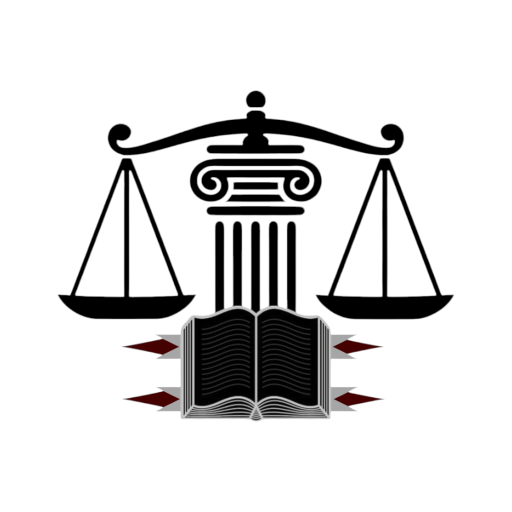Relationships of Sociology
Sociology is a dynamic and broad field, and limiting its definition to just a few words would be unfair. It is one of the social sciences that studies human life and behavior in society, alongside other fields such as history, geography, philosophy, political science, economics, and anthropology.
In essence, sociology can be seen as the foundational social science, encompassing all other social sciences. Human life is multifaceted, involving economic, political, religious, and other aspects. Sociology not only borrows from other social sciences but also contributes significantly to them, providing new perspectives and dimensions. Unlike other social sciences that focus on specific areas, sociology examines a broader range of social phenomena, connecting various aspects of human life.
Sociology and Political Science
Morris Ginsberg argued that sociology\’s roots lie in political philosophy and history. Political science, as developed by thinkers like Aristotle and Plato, is an independent academic discipline that deals with issues related to governance, state, and society. In contrast, sociology focuses on the social lives, behaviors, and emotions of people, especially at the collective level. Both disciplines study society, but they approach it from different perspectives. Decisions made by governments are shaped by social forces and are implemented for the benefit of society. Thus, political science and sociology are intertwined, and it is difficult to understand one without the other.
Sociology and Economics
Economics is primarily concerned with the production, distribution, and consumption of goods and services. Fairchild, Buck, and Slesinger define economics as the study of human activities related to satisfying material needs. Sociology, on the other hand, studies group interactions and how economic processes affect social life. Any economic change influences social structures, and these changes are themselves shaped by the social environment. Economics focuses on material wealth, while sociology explores the social implications of wealth and class, determining a person\’s position in society based on economic factors.
Sociology and History
History is the study of past events and social phenomena, and it provides a foundation for understanding contemporary society. Social institutions have deep historical roots, and studying history is essential for understanding sociology. Sociology cannot be studied in isolation from history, as the two fields are closely linked. History provides the data, facts, and context that sociology relies on. While history is practical and evidence-based, sociology often focuses on subjective experiences and observations.
Sociology and Anthropology
Anthropology is the study of human beings, cultures, and societies. Both sociology and anthropology explore similar topics such as society, culture, family, religion, and social stratification. However, anthropology traditionally focuses on the study of past and present cultures, especially among less industrialized societies. Sociology, on the other hand, examines group behavior in more complex, industrialized societies. The overlap between sociology and anthropology is significant, as both disciplines study human life and social structures.
Sociology and Psychology
Psychology focuses on individual behavior, mental processes, and cognitive functions, while sociology examines human interactions within society. Sociology looks at how social structures and relationships influence individuals\’ thoughts, behaviors, and emotions. Every mental reaction is shaped by societal experiences, and sociology helps explain these reactions in a social context. Many famous psychologists, such as Freud, Piaget, and Murphy, have contributed to sociology, and sociologists like Durkheim and Parsons have made significant contributions to psychology. While psychology studies mental processes, sociology focuses on social processes.
Sociology and Law
Sociology and law are closely linked because both deal with social norms, regulations, and behavior. Society depends on laws to maintain order, and sociology helps to understand how laws are formed, implemented, and their impact on society. Laws regulate society, and without them, social chaos would ensue. Sociology examines how laws are created, how they affect different social groups, and how they serve as tools for social control. Laws are societal phenomena, and both law and sociology address similar issues such as social relationships, principles, and social control.
Conclusion
Sociology, as a field, holds a unique position among the social sciences. It is the study of human society, exploring how people interact, form groups, and create institutions that influence their behavior. Sociology shares common ground with other disciplines like political science, economics, history, anthropology, psychology, and law, as they all examine different aspects of human life and society. However, sociology stands apart because it integrates and connects all these aspects, offering a comprehensive understanding of social behavior and structure.
By examining social relationships, patterns, and institutions, sociology helps us understand how societies function, evolve, and address issues like inequality, poverty, and social change. As society continues to evolve, the role of sociology remains crucial in providing insights into the complexities of human behavior and the ever-changing dynamics of social life.
In conclusion, sociology not only benefits from the other social sciences but also enriches them, making it an essential discipline for understanding the complexities of the world in which we live.
